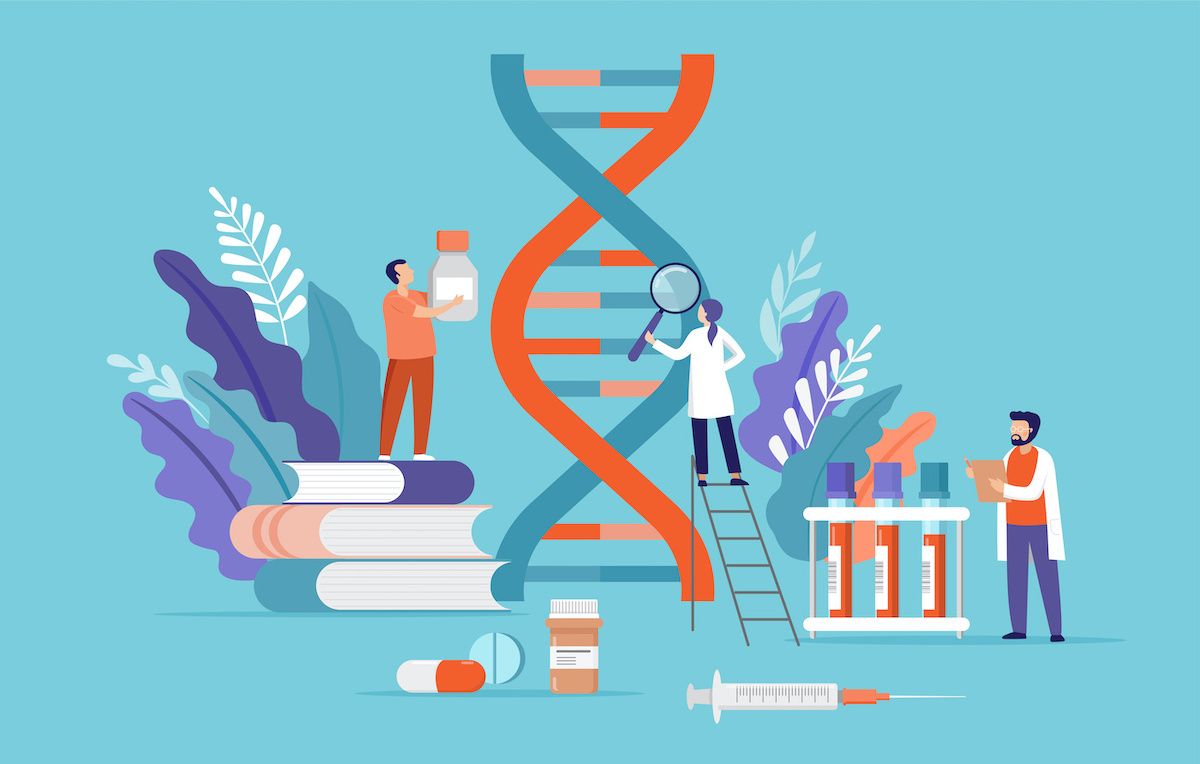Comprehensive survivorship care goes beyond routine follow-up cancer care.
Every patient seen in our Survivorship Center receives a comprehensive survivorship care plan — a guide for staying healthy as you begin your new life as a survivor.
Of course, you will still be monitored closely for any signs of cancer recurrence, but we will also bring our cancer expertise to all your needs. Adjusting to life after cancer is difficult in many ways and we want to help you thrive.
Learn more about the services and resources you can expect from comprehensive survivorship care at Roswell Park.
Personalized follow-up care
Ongoing medical and preventive care based on your specific diagnosis and treatment history. Your Survivorship Care Plan will include recommendations for you such as:
- Annual clinic visit and physical exam
- Surveillance scans
- Vaccinations
- Timely cancer screenings such as full body skin check, colonoscopy, mammogram, lung CT scans, PSA test and cervical cancer testing
- Bone density scan, heart and lung function tests, as needed
Treatment for your side effects
Many cancer survivors have challenges with ongoing — or even new — side effects from their cancer treatment. We offer medical management, physical therapy, acupuncture, nutrition services and more, to relieve symptoms such as:
- Fatigue, sleep disorders and insomnia
- Lymphedema
- Chronic pain and neuropathy
- Problems with mobility
- Memory symptoms, such as “chemo brain”
- Bowel issues, incontinence
- Pelvic floor dysfunction
- Issues with intimacy
Mental health support
We offer community, support and guidance to address post-treatment adjustment, anxiety and stress. Your plan may recommend:
- One-on-one counseling
- Support groups
- Spiritual care
- Emotional well-being programs
Restoring body and soul
You survived cancer! Your body is stronger than you think, and it deserves good fuel, fitness and fun, to help you enjoy life more. Our services include:
- Rehabilitation therapy
- Nutrition counseling and guidance
- Smoking cessation services
- Creative arts workshops
- Chapter 2 Survivor’s Workshop
- Yoga, reiki, qi gong and more!
We want to ensure all of our patients who should undergo genetic risk assessment are seen by our team.
